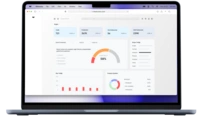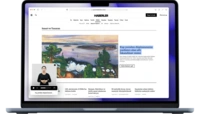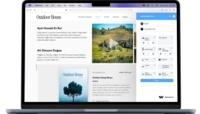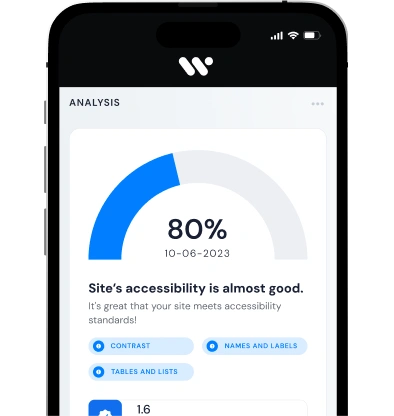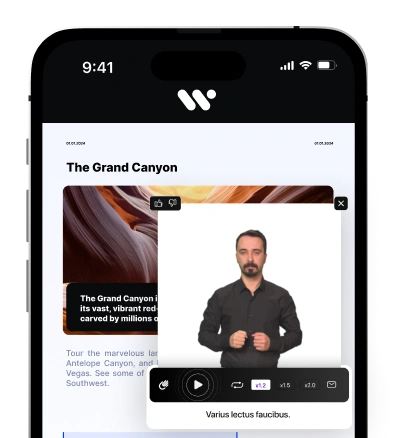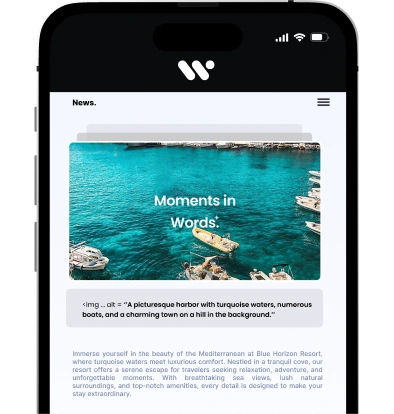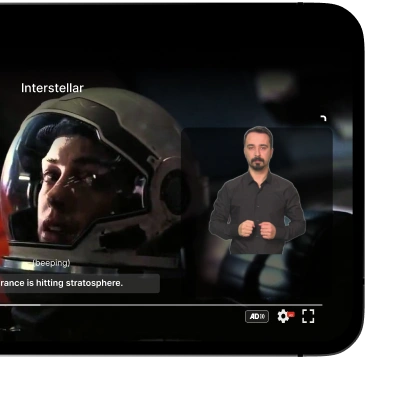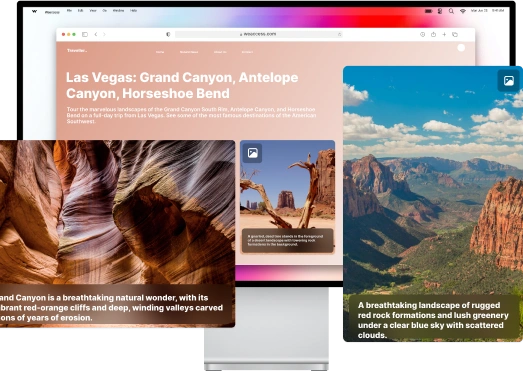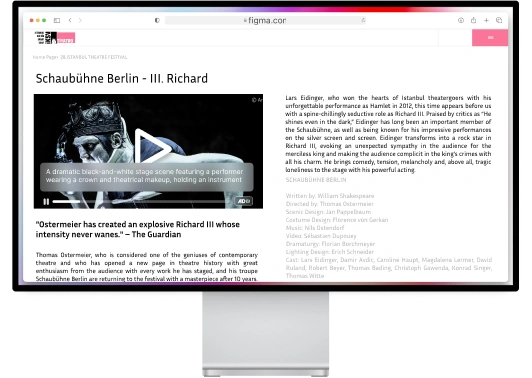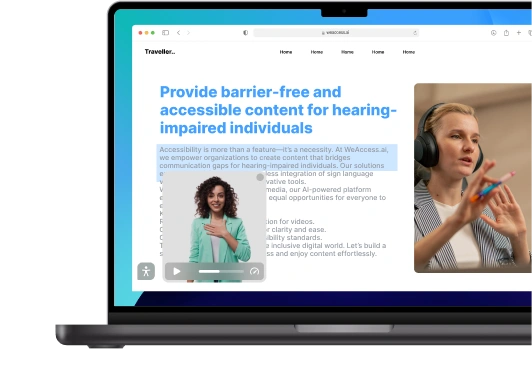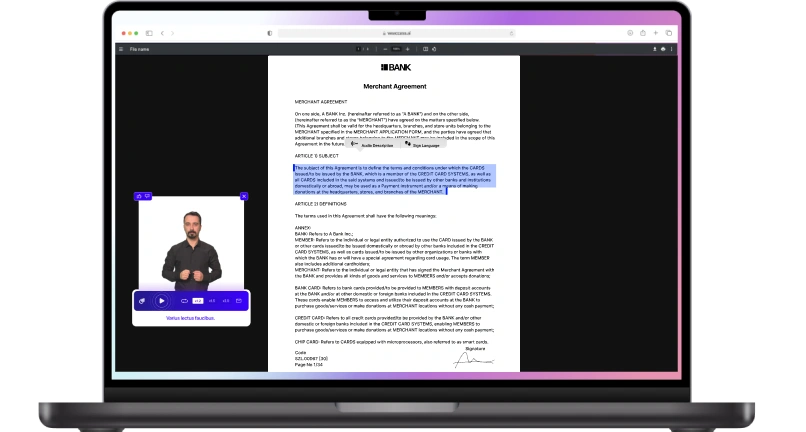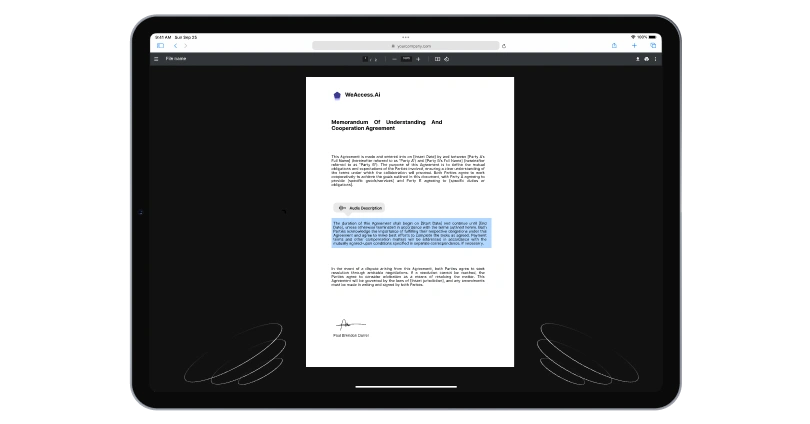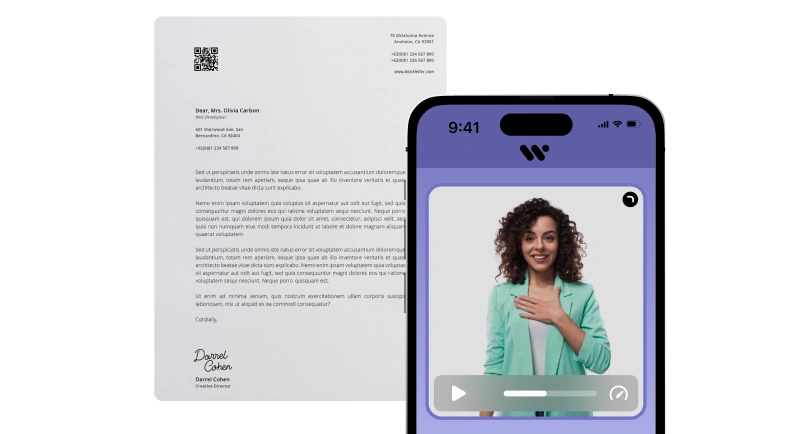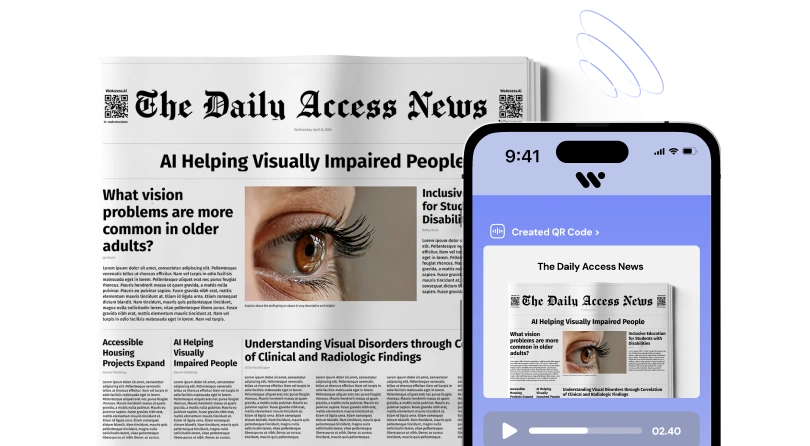Accessibility is a crucial aspect of daily life for people with disabilities, and the Netherlands is committed to ensuring that everyone has equal access to public spaces, transportation, and business services. This article explores the accessibility requirements in the Netherlands, including the legislation, support available, and the impact of the European Accessibility Act (EAA).
What are the Accessibility Requirements in the Netherlands?
What is the European Accessibility Act?
The European Accessibility Act (EAA) is a directive imposed by the European Union to ensure that public and private entities comply with accessibility standards for people with disabilities. This directive aims to eliminate barriers to accessibility for products and services and promote the principle of equal access for all. (For more detailed information visit our EAA article)
What are the Accessibility Guidelines in Place for Businesses in the Netherlands?
In the Netherlands, businesses are required to adhere to accessibility standards to ensure that their services and products are accessible to all individuals, including those with disabilities. This includes making their websites and physical locations accessible to people using wheelchairs, mobility aids, or other assistance devices.
What are the Requirements for Accessible Travel in the Netherlands?
Accessible travel is an essential aspect of ensuring that people with disabilities can move around the country with ease. The Dutch government has implemented regulations to ensure that public transportation, such as buses, trams, and trains, are wheelchair accessible and equipped to meet the mobility needs of all passengers.
How to Apply for Accessibility Requirements in the Netherlands?
What are the Steps for Applying for Accessibility Equipment?
Individuals and organizations can apply for accessibility equipment through designated authorities and organizations in the Netherlands. This may include acquiring mobility aids, assistive devices, or making modifications to existing infrastructure to improve accessibility.
What are the Regulations for Temporary Accessibility Requirements in the Netherlands?
In some cases, individuals may have temporary accessibility requirements due to injury or other circumstances. The Dutch government has specific regulations in place to accommodate such needs, ensuring that temporary accessibility requirements are met to support individuals during their time of need.
What are the Standards for Accessible Websites in Accordance with Dutch Legislation?
Dutch legislation mandates that websites comply with accessibility standards set forth by the World Wide Web Consortium (W3C). This ensures that people of all abilities can discover and navigate web content without facing disproportionate barriers.
What Support is Available for People with Disabilities in the Netherlands?
What Organizations or NGOs Can Provide Help for Accessibility Requirements?
There are various organizations and non-governmental organizations (NGOs) operating in the Netherlands that offer support and guidance for individuals with accessibility requirements. These organizations work to ensure that people with disabilities have access to the necessary resources and assistance to enhance their quality of life.
What Government Support is Available for Accessibility Equipment and Mobility Aids?
The Dutch government provides support and funding for accessibility equipment and mobility aids through designated programs and initiatives, ensuring that individuals with disabilities have access to the necessary tools that enable them to participate fully in society.
What are the Guidelines for Accessible Public Transportation in Amsterdam?
Amsterdam, as a major city in the Netherlands, has established guidelines for accessible public transportation to ensure that all residents and visitors, including those with disabilities, can utilize the city's extensive transport network with ease and confidence.
How Does the European Accessibility Act Impact Accessibility in the Netherlands?
What are the Key Provisions of the European Accessibility Act that Affect the Netherlands?
The EAA has significant implications for accessibility standards in the Netherlands, as it sets out specific requirements that public and private entities must adhere to. These provisions play a vital role in harmonizing accessibility standards across the European Union to safeguard the rights of people with disabilities.
How Does the EAA Influence Accessibility Standards for Businesses and Public Services in the Netherlands?
The EAA imposes obligations on businesses and public services in the Netherlands to prioritize accessibility and ensure that their facilities, products, and services cater to the diverse needs of individuals with disabilities. This ensures that accessibility remains a fundamental aspect of their operations.
What are the Implications of the EAA on Wheelchair Accessibility and Disability Rights in the Netherlands?
The EAA brings about positive implications for wheelchair accessibility and disability rights in the Netherlands, promoting the creation of an inclusive and barrier-free environment that enables individuals with disabilities to participate fully in society and lead independent lives.
In which industries WeAccess can be used?
WeAccess accessibility solutions can be used in many industries. Our goal is to develop accessibility solutions for hearing, vision and many disadvantaged groups. Some of these sectors are as follows,
-(Personal) computers and operating systems
-Smartphones and tablets
-ATMs and other POS terminals, ticketing and check-in machines Equipment related to digital television services
-Audio-visual media services such as television broadcast and related consumer equipment (access to content)
-Transportation services such as air, bus, rail, and waterborne passenger services (including real time travel information)
-(Online) banking services
-E-books and e-readers
-E-commerce sites (such as web shops)
What are the Key Legislation and Regulations Concerning Accessibility in the Netherlands?
Hat Role Does the Ministry of Infrastructure and Water Management Play in Setting Accessibility Regulations?
The Ministry of Infrastructure and Water Management in the Netherlands plays a pivotal role in establishing and implementing accessibility regulations to ensure that public spaces and transportation infrastructure are designed to cater to the needs of all individuals, regardless of their abilities.
What are the Legal Requirements for Accessibility in Public Spaces and Buildings in the Netherlands?
There are specific legal requirements in place to ensure that public spaces and buildings in the Netherlands are accessible to individuals with disabilities. This includes the installation of ramps, elevators, and other features that facilitate easy access and movement for people with mobility challenges
What are the Accessibility Standards According to the World Wide Web Consortium (W3C) for Dutch Websites?
Websites in the Netherlands are expected to comply with the accessibility standards outlined by the World Wide Web Consortium, ensuring that web content is accessible to all users, including those with disabilities. This requirement reflects the nation's commitment to making information and services accessible to everyone.
You may be interested eu accessibility act

